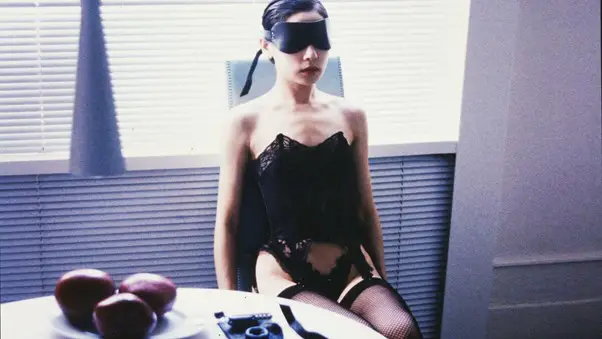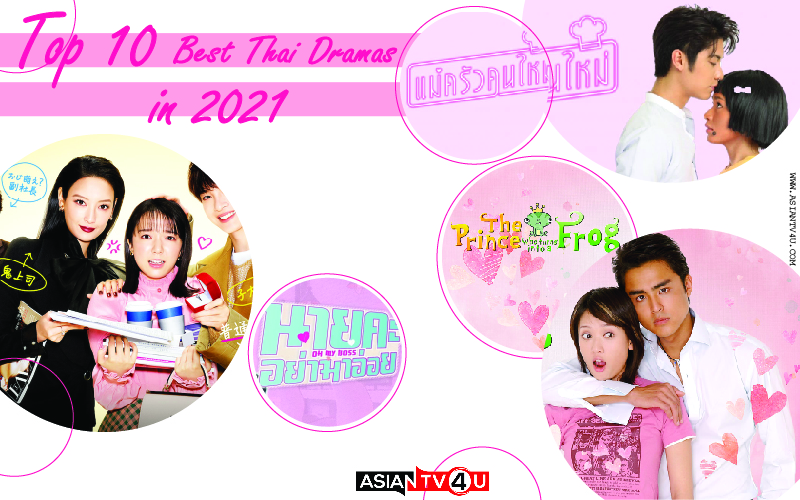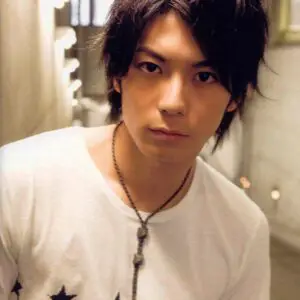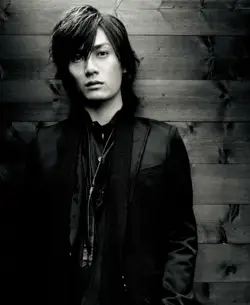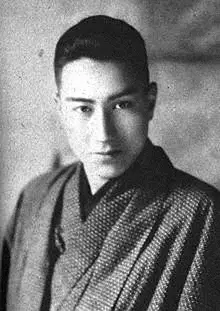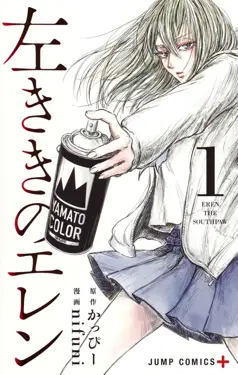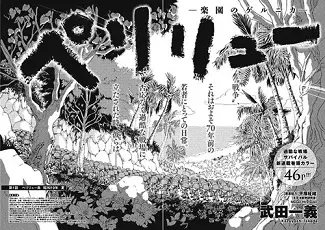
Audiences from around the globe have witnessed decades of international films built on the foundation of Japanese cinema. After World War II, films became a purifying outlet for Japanese filmmakers to express their honest opinions and extend their horizons outside government-approved propaganda movies.
1. Battle Royale
The plot takes place in Japan is in a state of collapse. Unemployment is endemic, and academy roughness is out of power. Each year, an aimlessly chosen style is pitted against itself on a left island in a brutal round of survival. They are provided with a map, nutrition, and various weapons. An ignitable collar is fitted close to their neck. If they violate a rule, the collar explodes.
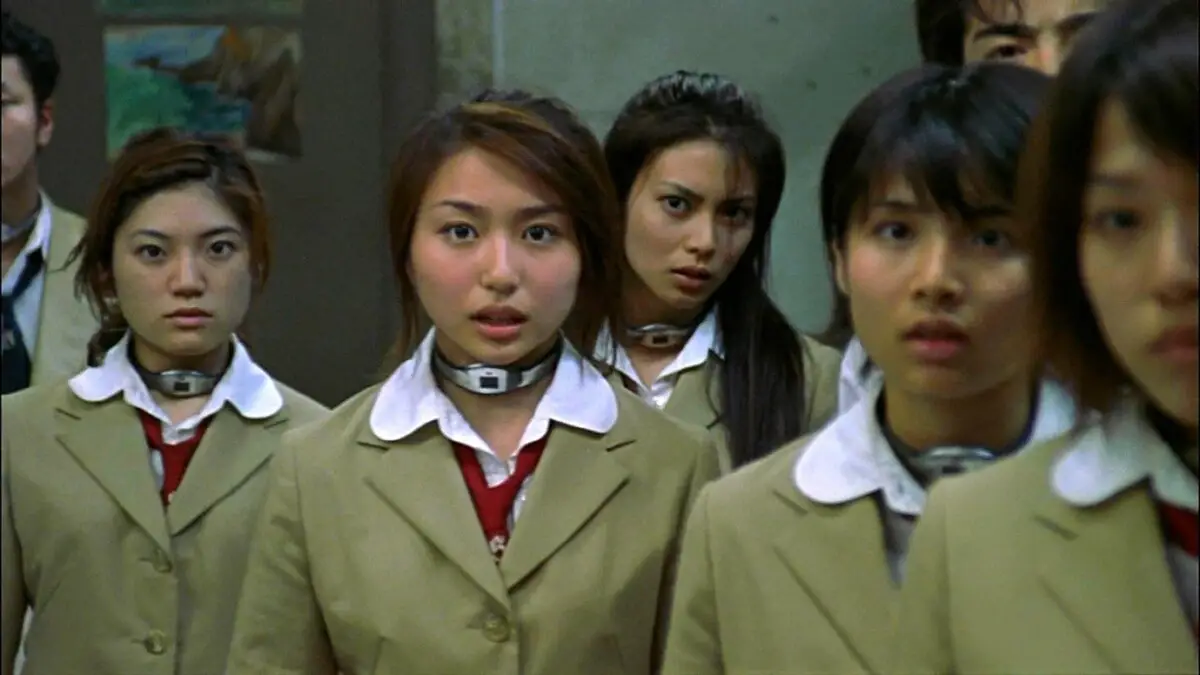
2. Audition
The story is about Widower Aoyama (Ryo Ishibashi) deciding he is ready to produce for the dating stage. His mate in the film business places a fake audition to support Aoyama locate the excellent match. Considerably, the film's rather half is regaled with a soft tone, pushing it all the better jarring (and horrifying) when it hangs dark and twisted in its latter half.
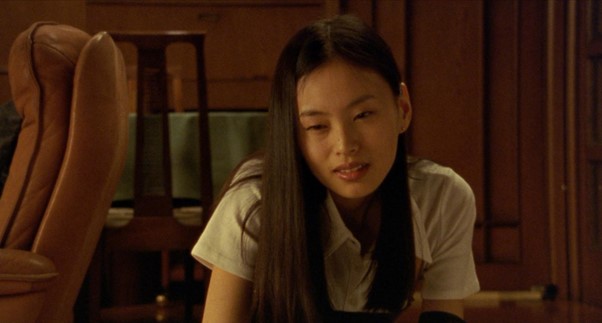
3. Akira
An incredible achievement, combined with a pre-recorded voiceover (able to eliminate the puppet effect typical of many animated products of the time), made Akira a magnificent visual spectacle. Biker Kaneda is confronted by many anti-social elements while trying to help his friend Tetsuo who is involved in a secret government project.
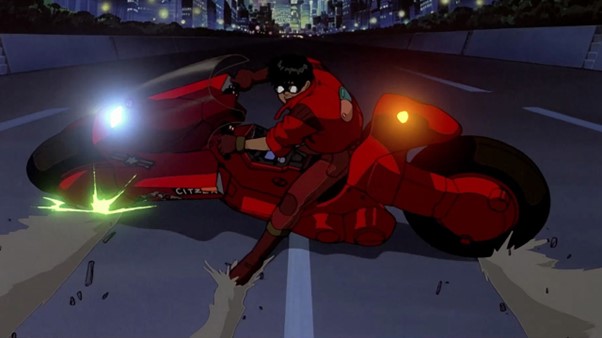
4. Spirited Away
This critically acclaimed movie has won numerous awards for Best Animated Feature, including the Academy Award—commonly known as the "Oscar". The narrative is about Determined, rotten, and naïve 10-year-old Chihiro Ogino is smaller than satisfied when she and her parents locate an abandoned entertainment park on the path to their unique house. Spooky ghosts and meals that depend on her parents into pigs are only the starts—Chihiro keeps unwittingly crossing through into the spirit world.
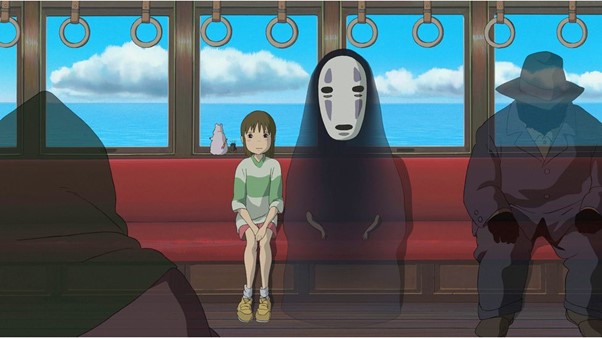
5. My Rainy Days
The novel is about a 17-year-old high school student. Rio is still the center of awareness due to her looks. Yet, due to her traumatic history, Rio has never managed anyone but herself. Only her companions and boyfriends exist, so she can utilize them for her gain. Then one day, she meets 35-year college professor Kouki and falls in love for the first time. Rio feels confused by her emotional change and honestly expresses her passion for Kouki.

6. Prophecies Of Nostradamus
Nostradamus' Great Prophecies) is a 1974 tokusatsu film produced by Toho Company Ltd. It was released in Japanese theatres. The movie took place in 1835. Gentetsu Nishiyama begins preaching the prophecies of Michel de Nostradame using a copy of his book, "Centuries." When Nishiyama is persecuted by the Tokugawa Shogunate for supposed heresy, his wife and son flee with the book, passing down the knowledge to future generations.

7. Shoujyo: An Adolescent
The narrative is about Tomokawa (Okuda), a difficult guy who rode, a bored cop who spends much of his time sating lonely housewives and looking after retarded teen Sukemasa. One day, while riding out at a bar, he is closed by a 15-year-old named named who relishes kosai called Yoko, who offers a match of illicit sex in trade for cash. Tomokawa momentarily brings both teens under his wing, watching them from their cruel mother and lechery stepfather. Soon, Yoko conveys a huge tattoo illustrating her bond with her policeman savior.
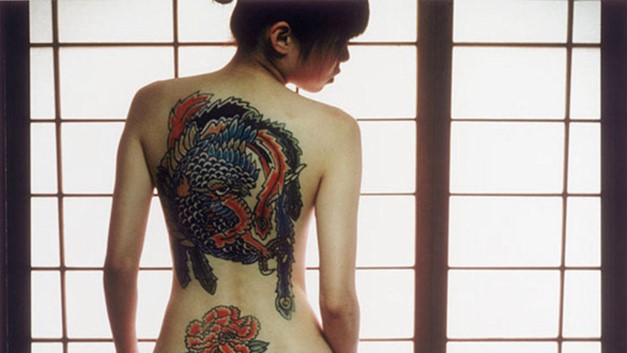
8. Love And Pop
Love & Pop is a 1998 Japanese experimental film directed by Hideaki Anno, based on the novel Topaz II by Ryū Murakami. The narrative revolves around four high academy girls who encounter paid dating, meeting elderly industry people who spend teenage girls to finish time or keep sex with them. In this issue, the numerous guys the girls encounter do not request sex, but the perversion remains as we watch them dating individuals who desire to consume or create them chew grapes and then save the remains.
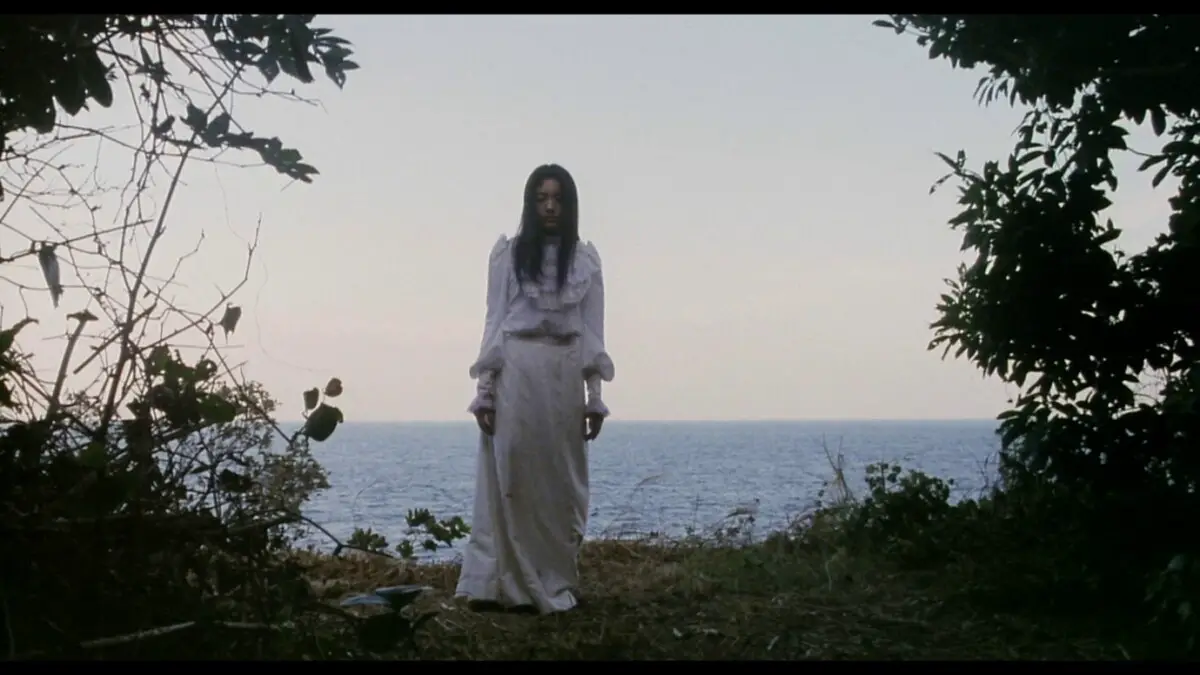
9. Perfect Blue
Perfect Blue is a 1997 vibrant Japanese psychological suspenser directed by Satoshi Kon. It is established in the novel Perfect Blue. J-pop idol group CHAM! has entertained its fans for the last two years. Sadly, all good things must arrive at an ending, and CHAM! Must visit one of its partners, Mima Kirigoe, who quit the group to follow her theatre career. While Mima's will is met with a varied response, she wishes her fans would resume supporting her.
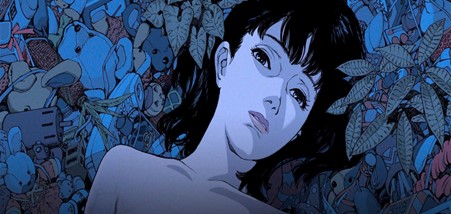
10. Tokyo Decadence
Tokyo Decadence is a Japanese pink film. Ryū Murakami directed this erotic film with music by Ryuichi Sakamoto. The film is about a submissive hooker who runs about her work, mourning abuse at the writings of Japanese salarymen and Yakuza types. She's painful about her job and is pushing to encounter some appeasement for the truth that she intended has married.
